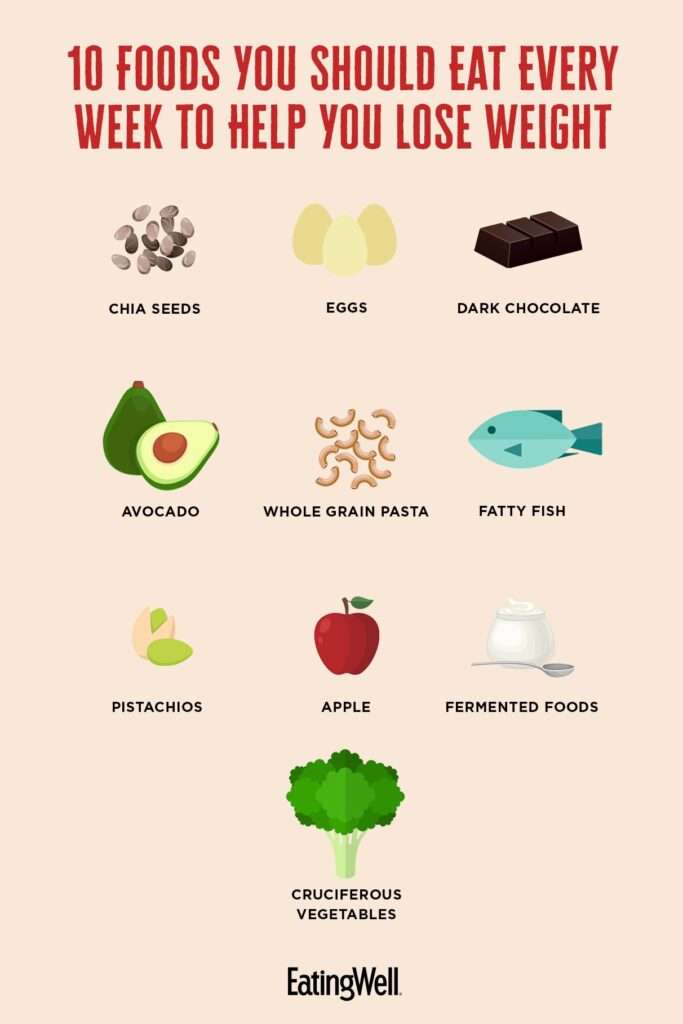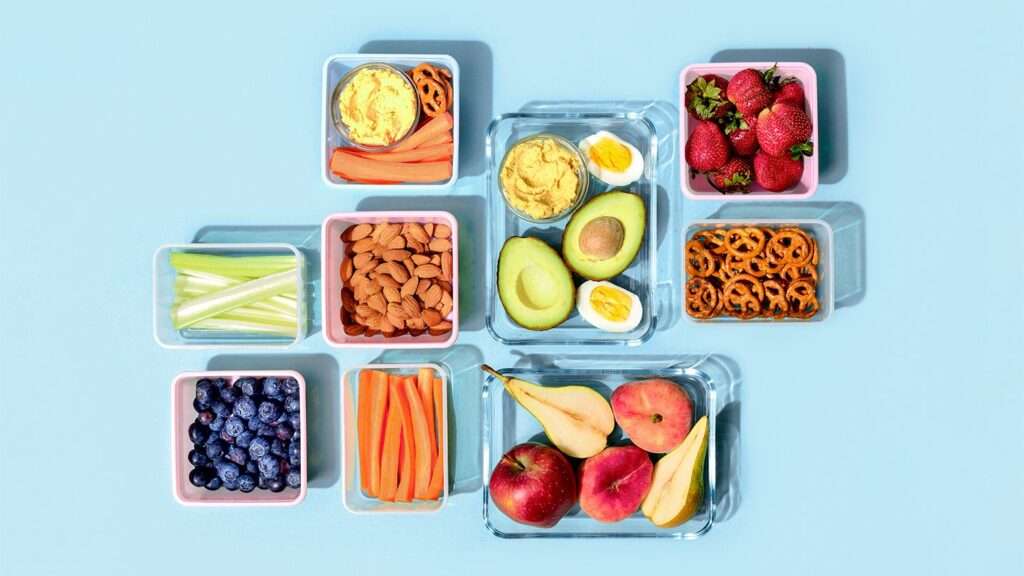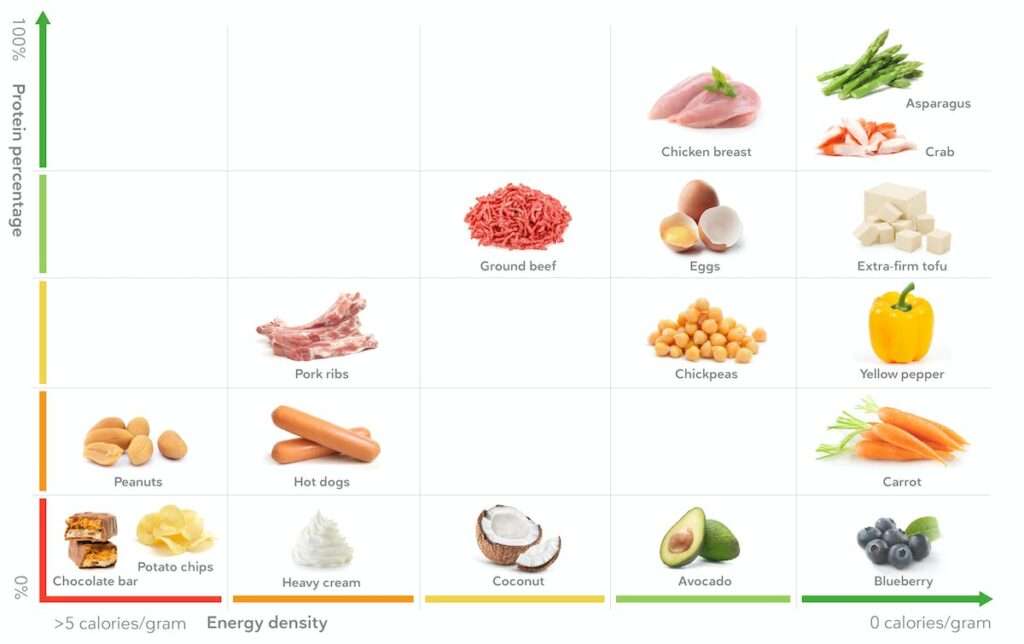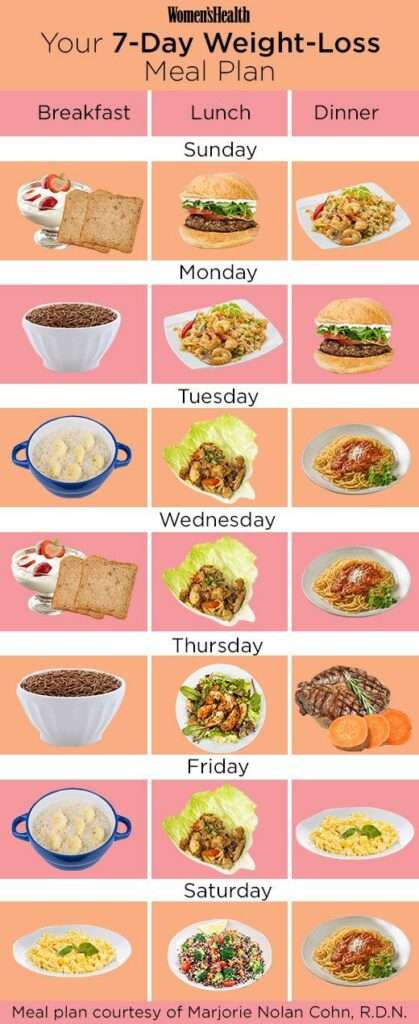Are you tired of trying different diets and not seeing any results? Well, you’re not alone! With so many diets out there claiming to be the best for weight loss, it can be overwhelming to know which one is actually effective. But don’t worry, because in this article, we’re going to explore the topic of the best diet for healthy weight loss.
When it comes to losing weight in a healthy way, finding the right diet is crucial. Many diets promise quick results, but they may not be sustainable or beneficial for your overall health. That’s why it’s important to find a diet that not only helps you shed those extra pounds, but also provides all the necessary nutrients your body needs. In this article, we’ll discuss some popular diet options and help you understand which one might be the best fit for you. So, whether you’re looking to follow a low-carb diet, a plant-based diet, or something else entirely, you’ll learn more about each option and how it can contribute to healthy weight loss.
Remember, what works for one person may not work for another, so it’s important to find a diet that you enjoy and can stick to in the long run. So, let’s dive into the world of healthy weight loss and find the best diet for you!

Understanding Healthy Weight Loss
Importance of healthy weight loss
Losing weight in a healthy way not only improves your physical appearance but also has numerous benefits for your overall well-being. Healthy weight loss reduces the risk of chronic diseases, such as diabetes, heart disease, and obesity-related cancers. It also boosts your energy levels, enhances your mood, and improves your self-confidence. However, it is important to understand that healthy weight loss is a journey that requires patience, commitment, and the right approach.
Factors affecting healthy weight loss
Various factors can influence the effectiveness and sustainability of your weight loss journey. These include your age, sex, genetic makeup, metabolism, and current health condition. Additionally, your lifestyle, dietary habits, and exercise routine play a crucial role in determining your success in achieving and maintaining a healthy weight. While some individuals may see results with certain diets or exercise plans, it is important to understand that everyone is unique, and what works for one person may not work for another.
Choosing the Right Diet Plan
Researching different diet plans
With numerous diet plans flooding the market, it can be overwhelming to choose the right one for healthy weight loss. It is important to invest time in researching and understanding various diet plans, their principles, and the scientific evidence supporting their effectiveness. Some popular diet plans include the Mediterranean diet, the DASH diet, and the ketogenic diet. Each diet has its own set of guidelines and restrictions, but the key is to find a plan that fits your individual needs and preferences.
Considering individual needs and preferences
When selecting a diet plan, it is essential to consider your specific needs and preferences. For example, if you are a vegetarian or have certain dietary restrictions, you may need to choose a diet plan that accommodates your preferences. Additionally, it is important to choose a plan that you can sustain in the long run. Crash diets or extreme calorie restriction may yield quick results initially, but they are not sustainable and can often lead to rebound weight gain. Opt for a diet plan that promotes balanced eating, includes a variety of nutrient-rich foods, and is enjoyable to follow.

Balanced and Nutritious Diet
Importance of a balanced diet
A balanced diet is crucial for healthy weight loss as it provides your body with all the necessary nutrients while ensuring that you are in a calorie deficit. A balanced diet includes a combination of carbohydrates, proteins, and healthy fats, along with vitamins, minerals, and fiber. It is important to focus on consuming whole foods, such as fruits, vegetables, whole grains, lean proteins, and healthy fats, while limiting processed and sugary foods. A balanced diet not only supports weight loss but also promotes overall health and well-being.
Nutrients required for healthy weight loss
When embarking on a weight loss journey, it is important to ensure that your body receives all the essential nutrients. Proteins are particularly important for weight loss as they help build and repair tissues, support muscle growth, and increase satiety. Good sources of protein include lean meats, poultry, fish, eggs, legumes, and dairy products. Carbohydrates should come from whole grains, fruits, and vegetables, while fats should be primarily sourced from healthy sources such as avocados, nuts, and olive oil. Additionally, incorporating sufficient amounts of vitamins and minerals is necessary to support your body’s metabolic processes and overall health.
Portion Control
Understanding portion sizes
Portion control is a key aspect of healthy weight loss. It involves understanding and managing the amount of food you consume during meals and snacks. Many individuals struggle with portion sizes, often consuming larger portions than necessary. This leads to excess calorie intake and hinders weight loss progress. Understanding appropriate portion sizes can help you eat in moderation and maintain a calorie deficit.
Tips for practicing portion control
To practice portion control, it can be helpful to use measuring cups, food scales, or visual cues. Aim to fill half of your plate with non-starchy vegetables, a quarter with lean protein, and the remaining quarter with whole grains or starchy vegetables. Avoid eating directly from a large package or container as it makes it difficult to gauge portion sizes. Another tip is to eat slowly and mindfully, allowing your body to register feelings of fullness. It is also important to listen to your body’s hunger and fullness cues, rather than relying on external factors like portion sizes.

Incorporating Regular Exercise
Benefits of exercise for weight loss
In addition to a healthy diet, regular exercise plays a vital role in achieving and maintaining a healthy weight. Exercise helps burn calories, builds lean muscle mass, increases metabolism, and improves overall fitness levels. It also enhances mood, reduces stress, and promotes better sleep. Engaging in regular physical activity not only aids in weight loss but also has numerous health benefits, including improved heart health, increased energy levels, and reduced risk of chronic diseases.
Types of exercises for healthy weight loss
When it comes to exercise for weight loss, incorporating a combination of cardiovascular exercises and strength training is ideal. Cardiovascular exercises, such as jogging, cycling, swimming, or dancing, help burn calories and increase cardiovascular fitness. Strength training exercises, such as lifting weights or using resistance bands, help build lean muscle mass, increase metabolism, and improve body composition. Aim for at least 150 minutes of moderate-intensity cardiovascular exercise per week, along with two to three sessions of strength training.
Mindful Eating
Practicing conscious eating
Mindful eating is an important aspect of healthy weight loss. It involves paying attention to the present moment, being aware of your thoughts and emotions related to food, and savoring the eating experience. Mindful eating focuses on listening to your body’s hunger and fullness signals, identifying emotional triggers for eating, and choosing foods that nourish your body. By practicing conscious eating, you can develop a healthier relationship with food and make informed choices that support your weight loss goals.
Tips for mindful eating
To practice mindful eating, try to eliminate distractions while eating, such as watching television or using electronic devices. Take the time to sit down at a table, savor each bite, and chew your food thoroughly. Pay attention to the flavors, textures, and sensations of the food. It can also be helpful to keep a food journal or use a mindfulness app to track your eating habits, emotions, and triggers. By becoming more aware of your eating patterns, you can make conscious choices that support your weight loss journey.

Hydration and Healthy Weight Loss
The importance of hydration
Staying hydrated is essential for overall health and plays a crucial role in healthy weight loss. Water helps regulate body temperature, aids digestion, transports nutrients, and flushes out toxins. It also supports optimal metabolism, helps control appetite, and promotes satiety. Drinking an adequate amount of water throughout the day can help prevent overeating, reduce cravings, and support weight loss efforts.
Water and weight loss
Water is a zero-calorie beverage that can be a useful tool in managing your weight. Drinking water before meals can help fill your stomach, reducing your appetite and calorie intake. Additionally, staying hydrated can prevent water retention and bloating, making you feel and look leaner. It is recommended to drink at least 8 cups (64 ounces) of water per day, but individual needs may vary depending on factors such as climate, activity level, and overall health condition.
Managing Stress and Sleep
Effect of stress on weight loss
Stress can have a significant impact on weight loss efforts. When you are stressed, your body releases cortisol, a hormone that can lead to increased appetite and cravings, especially for high-calorie, sugary foods. Additionally, stress can hinder your motivation to exercise and make healthy food choices. Chronic stress can disrupt sleep patterns, increase fatigue, and directly affect your metabolism. Finding effective stress management techniques is important to support healthy weight loss.
The role of sleep in healthy weight loss
Adequate sleep is crucial for maintaining a healthy weight and overall well-being. Lack of sleep can disrupt hunger and fullness hormones, leading to increased appetite and decreased satiety. It can also affect your energy levels, motivation to exercise, and overall cognitive function. Aim for 7-9 hours of quality sleep per night to support your weight loss journey and improve your overall health.

Seeking Professional Guidance
Consulting a dietitian or nutritionist
If you are struggling to find the best diet plan for your specific needs or have underlying health conditions that require specialized guidance, it is advisable to consult a registered dietitian or nutritionist. These professionals can provide personalized guidance, develop a customized meal plan, and help you make sustainable lifestyle changes. They can also help you address any nutrient deficiencies and ensure that your weight loss journey is safe and effective.
Importance of personalized guidance
While there is a wealth of information available on weight loss, it is essential to understand that what works for one person may not work for another. Each individual has unique dietary needs, health concerns, and preferences. Seeking professional guidance can help you navigate through the overwhelming amount of information, debunk common myths, and find the best diet plan for your specific needs. Personalized guidance ensures that you make informed choices that support your long-term weight loss goals.
Conclusion
In conclusion, healthy weight loss is a multifaceted journey that involves various factors such as diet, exercise, portion control, mindfulness, hydration, stress management, and sleep. By understanding the importance of these aspects and making conscious choices, you can achieve sustainable weight loss while improving your overall health and well-being. Remember, finding the best diet for healthy weight loss is about finding what works for you as an individual and making changes that can be maintained in the long run. Stick to a balanced and nutritious diet, incorporate regular exercise, practice mindful eating, stay hydrated, manage stress, prioritize sleep, and consider seeking professional guidance when needed. Stay committed, stay motivated, and embrace the journey towards a healthier you.
